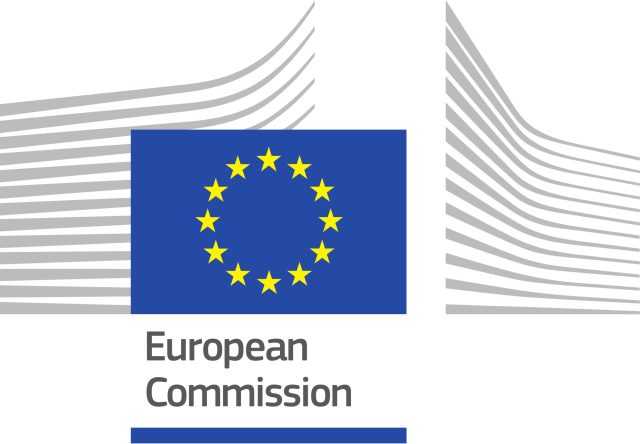BRUSSELS, Belgium – The European Commission has fined Mondelēz International, Inc. (Mondelēz) €337.5 million for hindering the cross-border trade of chocolate, biscuits and coffee products between Member States, in breach of EU competition rules.
The Commission remains committed to bringing down unjustified barriers to ensure a better functioning of the Single Market. Territorial supply constraints by suppliers are a type of non-regulatory barriers to a proper functioning of the Single Market.
The infringement
Mondelēz, headquartered in the US, is one of the world’s largest producers of chocolate and biscuit products. Its portfolio includes well-known chocolate and biscuit brands such as Côte d’Or, Milka, Oreo, Ritz, Toblerone and TUC and until 2015 coffee brands such as HAG, Jacobs and Velours Noir.
The Commission’s investigation found that Mondelēz breached EU competition rules: (i) by engaging in anticompetitive agreements or concerted practices aimed at restricting cross-border trade of various chocolate, biscuit and coffee products; and (ii) by abusing its dominant position in certain national markets for the sale of chocolate tablets.
In particular, the Commission found that Mondelēz engaged in twenty-two anticompetitive agreements or concerted practices, in breach of Article 101 of the Treaty on the Functioning of the European Union (‘TFEU’), by:
- Limiting the territories or customers to which seven wholesale customers (traders/“brokers”) could resell Mondelēz’ products. One agreement also included a provision ordering Mondelēz’ customer to apply higher prices for exports compared to domestic sales. These agreements and concerted practices took place between 2012 and 2019 and covered all EU markets.
- Preventing ten exclusive distributors active in certain Member States from replying to sale requests from customers located in other Member States without prior permission from Mondelēz. These agreements and practices took place between 2006 and 2020 and covered all the EU markets.
The Commission also found that, between 2015 and 2019, Mondelēz abused its dominant position, in breach of Article 102 of the TFEU, by:
- Refusing to supply a broker in Germany to prevent the resale of chocolate tablet products in the territories of Austria, Belgium, Bulgaria and Romania where prices were higher.
- Ceasing the supply of chocolate tablet products in the Netherlands to prevent them from being imported into Belgium, where Mondelēz was selling these products at higher prices.
The Commission concluded that Mondelēz’s illegal practices prevented retailers from being able to freely source products in Member States with lower prices and artificially partitioned the internal market. Mondelēz’ aim was to avoid that cross-border trade would lead to price decreases in countries with higher prices. Such illegal practices allowed Mondelēz to continue charging more for its own products, to the ultimate detriment of consumers in the EU.
Fine
The fine was set on the basis of the Commission’s 2006 Guidelines on fines.
In setting the level of the fine, the Commission took into account the gravity and duration of the infringements as well as the value of companys sales relating to the latter.
In addition, the Commission took into account the fact that Mondelēz cooperated with the Commission under the cooperation procedure and expressly acknowledged its liability for the infringement of EU competition rules. Therefore, the Commission granted Mondelēz a 15% fine reduction. Based on this methodology, the Commission imposed a €337.5 million fine on Mondelēz.


















